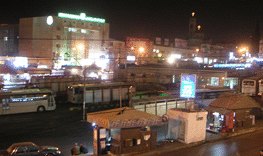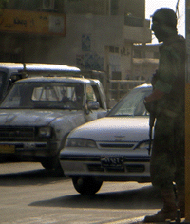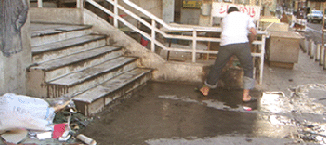Iraqi soldier stands guard
More than two years have passed since Paul Bremer and the Coalition Provisional Authority dissolved Iraq's military. Today the United States and the interim government are desperate to reconstruct this broken army. Sectarianism and basic mistrust have been two of the largest hurdles. Furthermore, many Iraqis are wary of becoming involved in the country's defense if it means being subservient to the interim government, an administration which they see as illegitimate.
On November 30, in Annapolis, Maryland, George W. Bush delivered the most recent of a long line of Iraq victory speeches. In this speech he detailed the conditions that will be necessary, and the markers that must be passed, to ensure the United States can withdraw from Iraq. He assured the nation, "As the Iraqi security forces stand up, coalition forces can stand down -- and when our mission of defeating the terrorists in Iraq is complete, our troops will return home to a proud nation."
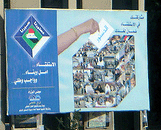

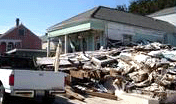
.gif)
